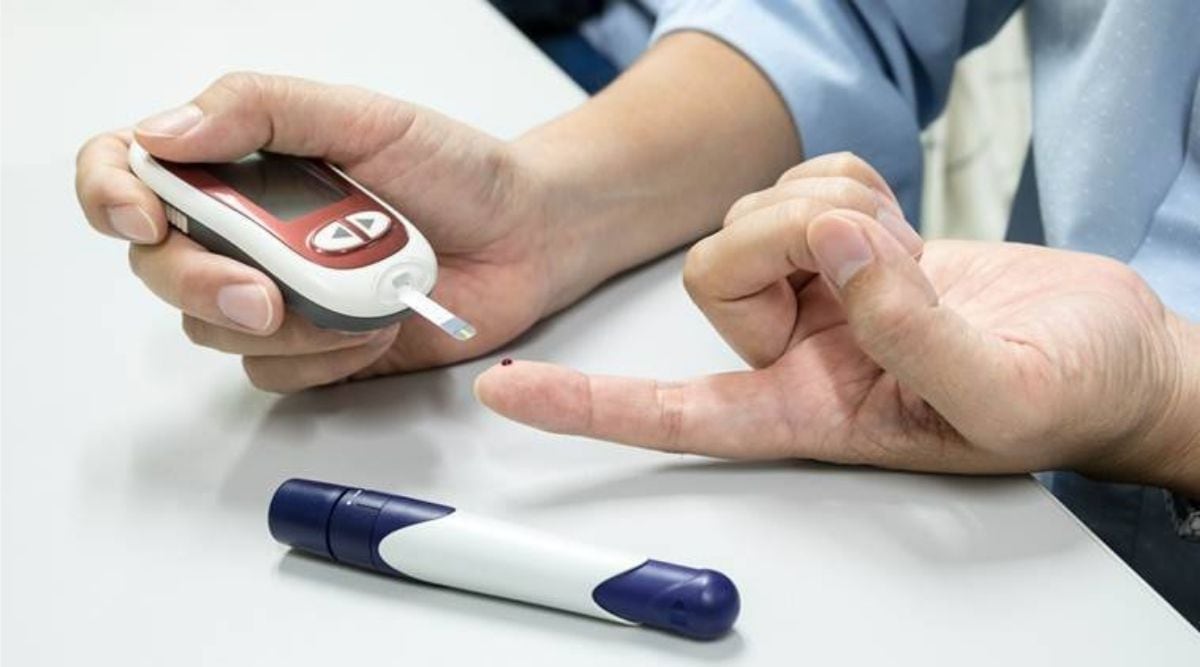
Women-centric clinical approaches should be encouraged for the effective management of diabetes among Indian women, Dr Jothydev Kesavadev, chairman and managing director, Jothydev’s Diabetes Research Centre, has said in a review published recently in Current Diabetes Reviews.
The review provides an overview of the issues that exist in the clinical management of diabetes and its complications among women in India. The paper was based on opinions from global diabetes care experts during a discussion in the sixth Jothydev’s Professional Education Forum Diabetes Convention.
According to the latest International Diabetes Federation estimates, 260 million women are living with diabetes. In addition, 21 million live births are affected by hyperglycemia in pregnancy. The review article ‘Type 2 diabetes in women: differences and difficulties’ has said that researches historically lacked a systematic approach to the study of sex differences in diabetes. The prevalence of type 2 diabetes is on the rise due to factors such as ageing, physical inactivity and obesity superimposed on a genetic predisposition. It is an important cause of morbidity, mortality, and other life-threatening health issues, thereby critically reducing the quality of life, the review said.
“Though the estimated prevalence of diabetes in women aged 20–79 years globally is slightly lower than in men (10.2 per cent vs. 10.8 per cent), in India the situation is quite different. Studies have shown that the age-adjusted prevalence of diabetes is higher among women than men. Also, as compared to men, women have 50 per cent of the higher relative risk for fatal coronary heart disease, which was found to be associated with diabetes,” Dr Jothydev said.
A lower socioeconomic status, including low educational level, occupation, income, peer pressure and norms can be correlated to increased diabetes risk in women, the paper said. The traditional responsibilities of home and family have also been found to be a unique source of stress in women, which in turn may contribute to long-term health risks even in highly educated women. However the current guidelines do not differentiate between therapeutic management of T2D (type 2 diabetes) based on gender differences, the paper said.
The complex interplay of biological, socioeconomic, psychosocial, and physiological challenges in women with T2D has not been well addressed to date. The expert author panel also recommended considering biological factors such as neurohumoral pathways, sex hormones, genetic predisposition as well as gender-based environmental and behavioural differences for modern personalised diabetes treatment.
“Women’s Day, in all its endeavours, seeks to address this necessity to bridge the gap and give women equal opportunity and status in society. This Women’s Day, let’s emphasise the need for an individualised women-centric treatment plan for women with diabetes,” said Dr Jothydev.
- The Indian Express website has been rated GREEN for its credibility and trustworthiness by Newsguard, a global service that rates news sources for their journalistic standards.

